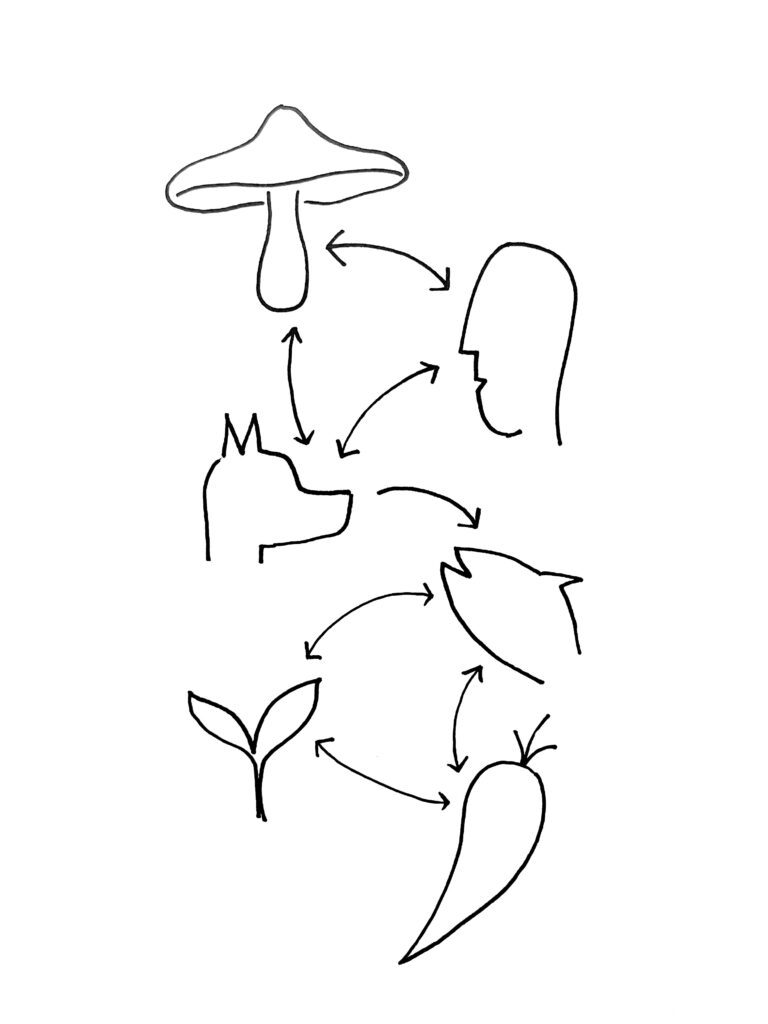Which knowledge is present? Whose narrative is given space? Who is invited as “experts”?

Often Citizen Assemblies tend to focus and rely on scientific and “expert” in- puts rather than participants’ own lived experiences, knowledges and diverse perspectives. This emphasis risks reproducing hierarchies of knowledge and limiting the transformative poten- tial of inclusive and just deliberation.
The composition of the so-called scien- tific or expert boards and the framing of the learning phase in CCAs signifi- cantly shape the scope and values of collective deliberation. These decisions can either reinforce dominant (often Western) paradigms and technocratic “business as usual” solutions, or open the door to more pluralistic and equita- ble approaches.
While climate change is a global phe- nomenon, the communities most affected — often in the Global South
or on the margins of society — hold place-based and/or ancestral knowl- edge that is essential for equitable
and sustainable climate solutions. Challenging systemic biases in whose knowledge is heard, legitimised and acted upon in CCAs by broadening the definition of expertise to include these lived experiences, practices, wisdoms and knowledges, especially of those on the frontlines of climate change makes space for the emergence of pluralism and its diverse forms of evidence.
Examples
— Inviting representatives from climate- affected regions elucidates the global dimension of local action. The Global Assembly brought together diverse participants, including marginalized low income communities, combining scientific evidence with ancestral knowledge and
lived experience. Wisdom holders like indigenous leaders contributed deeply rooted ecological perspectives, grounding the CCAs’ recommendations in both scientific data and the lived realities of vulnerable populations.
→ https://globalassembly.org/index.html
— Participants of Germany’s Bürgerrat Klima selected 20 terms — ranging from concepts to living beings — to be considered throughout the CCA, symbolizing whose priorities and perspectives should shape climate policy. This “Parliament of Things,” inspired by Bruno Latour’s concept advocating for the representation of non- human actors in democratic deliberation, appeared in all meetings as silent but
visible participants, periodically informing discussions and reminding the group of broader concerns beyond the human.
→ https://buergerrat-klima.de/
— Recognizing lived experience as expertise, facilitated by formats like storytelling, visual expression or embodied practices inclusive language, and multilingual invitation and facilitation, ensures meaningful participation for people with different literacy levels, language backgrounds, and knowledge systems.
→ CLIMAS Manual for-setting-up-and- facilitating-climate-assemblies
Related Patterns
-

Knowlege diversity
Which knowledge is present? Whose narrative is given space? Who is invited as “experts”? Often Citizen Assemblies tend to focus and rely on scientific and “expert” in- puts rather than…
